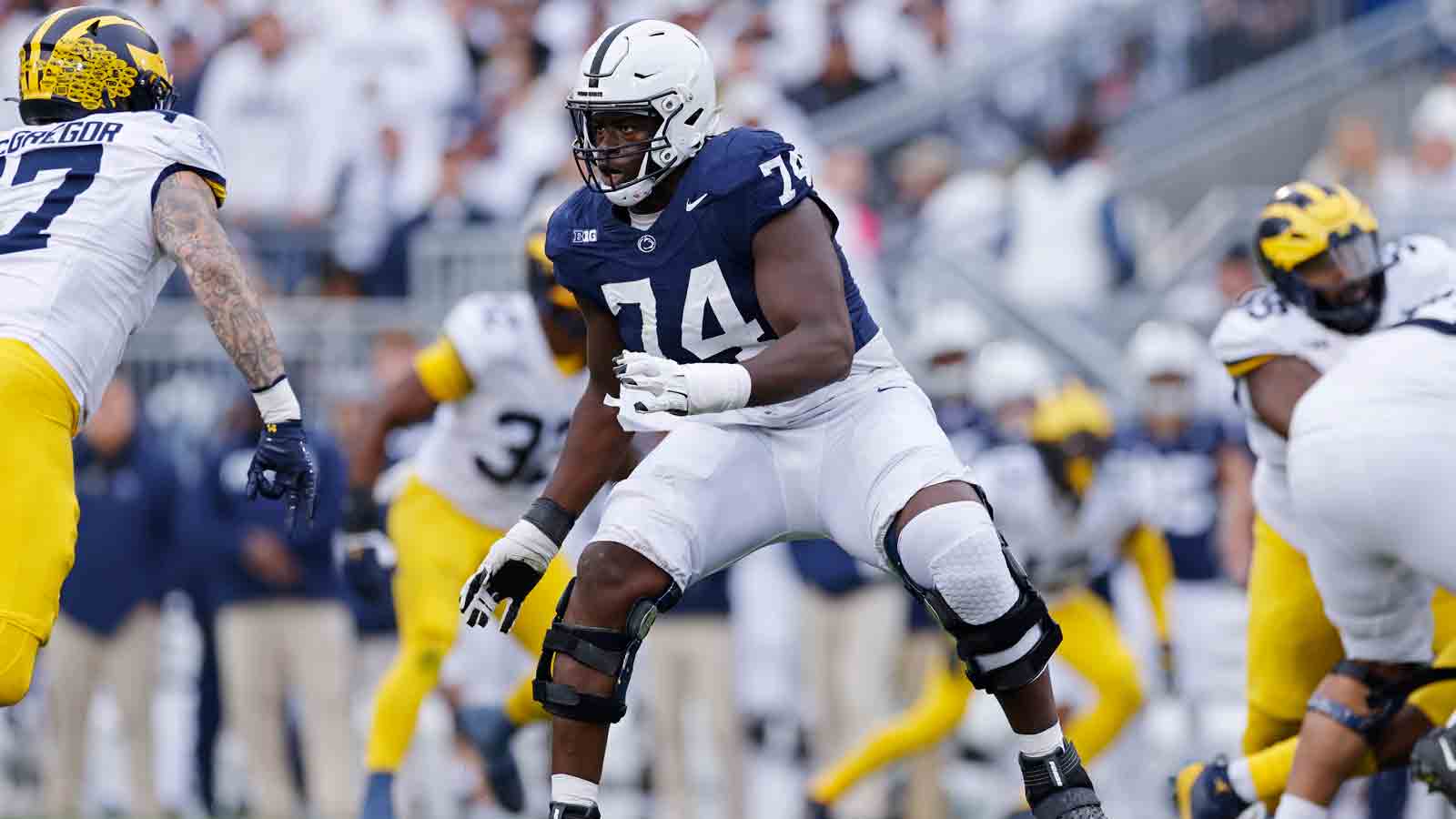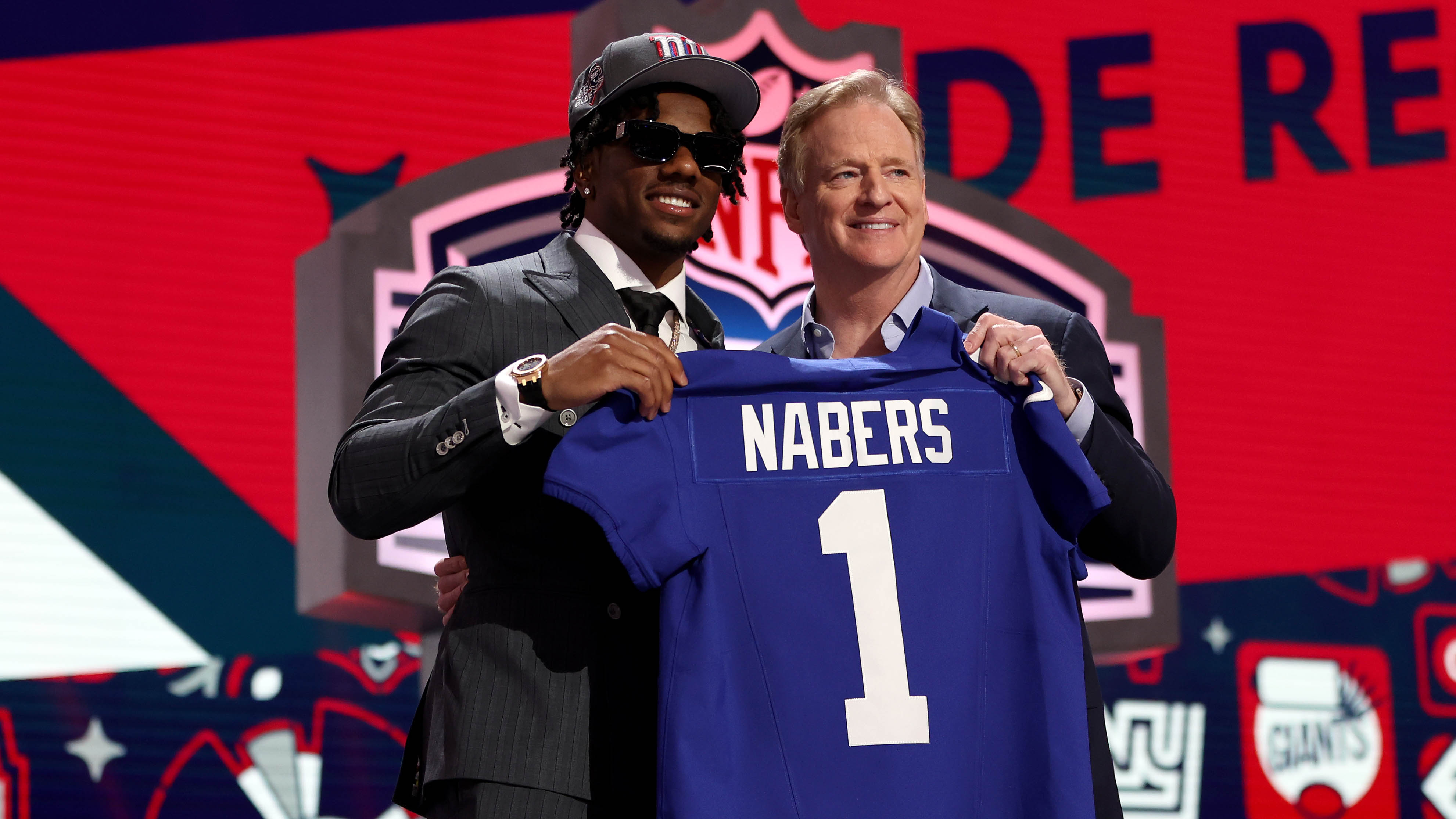Mayor Bloomberg on Wednesday blasted a plan to create an inspector general for the NYPD, vowing if needed to veto a proposal that he said would undermine the city's crime-fighting success.
A day after City Council Speaker Christine Quinn signaled that the measure would likely pass the council, Bloomberg urged lawmakers to oppose it, saying it would usher in an era of second-guessing for a police force that has worked to drive crime to record lows.
"Make no mistake about it: This bill jeopardizes that progress and will put the lives of New Yorkers and our police officers at risk," he said.
Quinn has said she expects to have enough votes to override a veto of the proposal, propelled by criticism of the police department's extensive use of the tactic known as stop and frisk and its widespread spying on Muslims, as revealed in a series of stories by The Associated Press.
Quinn and colleagues backing the inspector general proposal reached an agreement on it Tuesday, positioning it to move toward a vote after months in limbo. Quinn said talks also were progressing on three companion proposals to set new rules surrounding stop and frisk, including expanding protections against racial profiling.
Inspectors general — officials with investigative powers — are a common feature of government agencies, including in law enforcement and intelligence. The FBI and the CIA have such inspectors, as do police forces including the Los Angeles Police Department.
Civil rights advocates say it's time for the same in the NYPD. The monitor would be able to issue subpoenas and look broadly at police procedures and policies. The position would be housed within the city's existing Department of Investigation, which acts as an inspector general for many other arms of the city government.
Local
Bloomberg said the NYPD already gets robust oversight from its 700-person Internal Affairs Bureau, a civilian complaint board, a police corruption commission, prosecutors and judges. The council proposal, he said, amounted to "a policy supervisor, and I don't think any rational person would say we need two competing police commissioners. There would be questions in the ranks of police officers about who's really in charge and whose policies they should follow."
"Together, the mayor and the commissioner set the direction of the department, and they do not need an unelected and unaccountable official to supervise their policy decisions," Bloomberg added.
Quinn said at a mayoral candidate forum Tuesday night that existing oversight wasn't enough: "You can have a lot of entities, but if they're not getting the job done, then more is needed."



